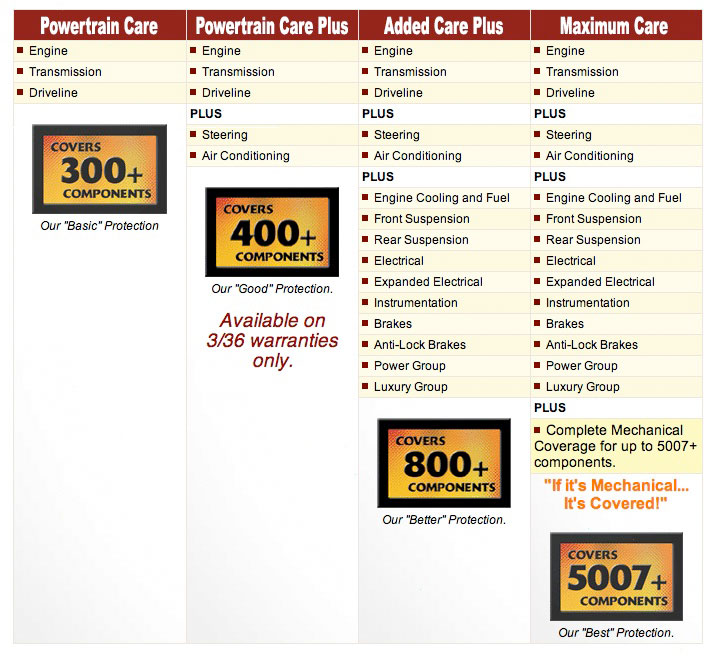How to Save Money on Auto Insurance
If you drive a car or truck, then auto insurance is a fact of life. Another fact of life is that it can be expensive. You can save money by shopping around for good deals and by paying for only the coverage that you really need. Many people don’t realize that they can reduce costs by limiting their coverage to services that they can actually use or need.
Selecting the Coverage that Works for You
1
Find out your state’s minimum requirements. Nearly every state requires liability insurance for all registered cars. This covers damage that you might cause to another person’s car in an accident, if you are at fault. It also protects you if you injure someone else.[1] In addition to liability coverage, some states will require minimum additional coverage for your own vehicle or injury.
- To find out the minimum requirements in your state, you should visit your state’s Department of Motor Vehicles website and look up insurance coverage. The DMV may sometimes be called the Registry of Motor Vehicles, Division of Motor Vehicles, or some other similar name.[2]
- You can also learn about the minimum requirements in your state by speaking with a licensed insurance agent in your area
2
Research the different types of coverage available. You can read up on types of insurance coverage online or talk with an insurance agent in your area about the options you have. By familiarizing yourself with the options, you can then decide which ones you need and which ones you don’t. If you limit yourself only to the coverage that you really need, you can keep your insurance costs down. Here are some of the most common options:[3]
- Bodily injury liability. This covers you for injuries you cause to others if you are at fault in a car accident.
- Property damage liability. This will pay for damage to another driver’s property if you are at fault for an accident.
- Medical payments coverage. This will protect you and any passengers in your car for injuries sustained in an accident. This will apply regardless of fault in the accident.
- Uninsured or underinsured motorists coverage. This will cover your expenses if another driver, without insurance, injures you in an accident.
- Collision coverage. This pays for damage to your car if it hits another object or otherwise sustains damage in an accident, regardless of fault.
- Comprehensive coverage. This pays for damage or loss to your car as a result of theft or any cause other than an accident, such as storms, fire or vandalism.
3
Select the coverage that best suits your needs. Once you understand the options that are available and you learn about your state’s requirements, you can then minimize your costs by choosing only the coverage that you need. You can discuss your selections with your insurance agent for guidance. [4]
Finding the Best Insurance Deals- For example, if you have high earnings and liquid assets, you are open to possible lawsuits in case of an accident. In this case, you may prefer to choose higher levels of liability coverage.
- If your car is old and not worth much, you may choose a low level of collision insurance, or choose not to carry collision insurance at all. In case of an accident, you might just elect to buy a new car.
- If you are financing or leasing a new car, the dealership may set certain requirements for you to meet regarding insurance coverage. This will be something to discuss at the time of purchase.
1
Review the elements that affect the cost of auto insurance. Such things as your own age, gender and marital status will result in different insurance rates. In addition, insurance companies will consider your driving history, the type of car that you drive, and the amount of regular driving that you do. Finally, in some cases, your credit score can have an effect on the price that you will have to pay for car insurance. Talk to different agents and research how these variables will influence your premium. These are generally not factors that you can change. However, as you are shopping for an insurance company, you can ask the agent to explain to you how each factor affects your price.[5]
- For example, many companies will reduce your rate if you drive a car with a high safety rating. Ask prospective agents about this possibility.[6]
- Drivers under 25 are generally considered to be less experienced and therefore a higher risk. Many companies will charge a higher premium if this applies to you.[7]
2
Shop around for prices. You can do a lot of price comparisons online, as well as in person. Many insurance companies make it possible for you to get free rate quotes online. You just need to enter some basic information about yourself and your vehicle, and the online feature will give you approximate quotes. If you prefer to speak with someone who can answer any questions you might have, then you may want to visit an agent or broker in person. An agent is someone who works for a specific company and can give you detailed information about coverage and rates from that company. A broker or independent agent, on the other hand, helps you get coverage from any one of several companies. A broker can help you compare quotes from different sources.[8]
- Agents generally work on salary with the company, while brokers may charge you a fee for their services.
- When comparing prices, a good rule of thumb is to compare at least three quotes from different companies. Compare their rates and coverages to find the best policy for your needs.
3
Compare auto insurance quotes carefully. Remember that choosing an insurance company involves several different factors. Don’t focus only on the cost of the premiums. Several factors affect the price of the insurance coverage, and you should consider whether these factors are equivalent when you are making your decision:[9]
- Deductible amount. Generally, a lower deductible reduces your premiums.
- Coverage limit. Some of the options will cover you up to a particular limit. If your damage is greater, then you are not covered for the excess. You can pay more to set a higher coverage limit.
- Discounts. Find out if any companies are offering temporary discounts if you purchase a policy from them. If this is temporary, make sure that you understand what the rate will be at the end of the discount period.
4
Select a reliable insurance company. Price is a major factor in your selection of an insurance company, but you also need to know that the company you select is reliable and effective. Such factors as customer service, availability, and ease of filing a claim all have a value that you should consider. Selecting a company with higher reliability and better services can actually be more cost effective, even if the premiums may be slightly higher on paper.[10]
- Each state’s Department of Insurance compiles customer complaint ratios for insurance companies that are licensed to operate in that state. You should be able to look this up online and review the data for any company you are considering.
- Consider availability as an important factor in choosing a company. Look at their hours of operation, whether they have a mobile site, and how easily you can reach someone if you need support during non-business hours.






